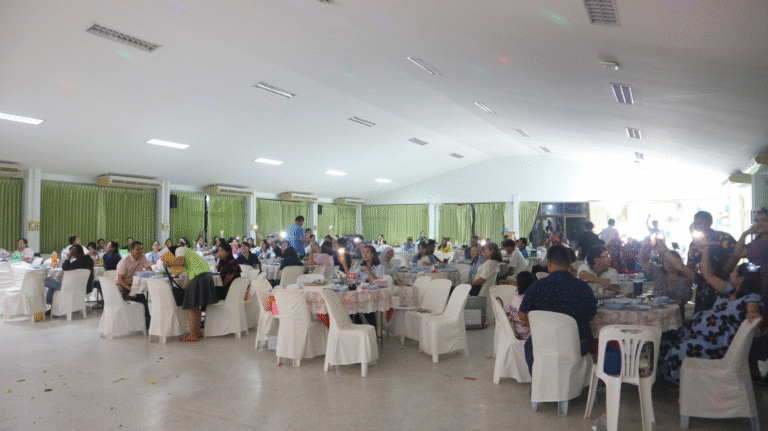Reporter :
Dr Lamun Kayurin
Mrs.Suchada Jeensuksang
Ms.ApitchayaLimpanapittayatorn
Mr.Varutcha Chanchampa
Mr.Panuwat Noonkong
Mr.Rachen Arkarod
Evidence date: January – December 2023
Related to: 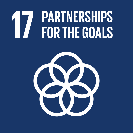
Indicator relate to : 17.4, 17.4.1,17.4.2,17.4.3
In 2023, RUTS has designed various courses on sustainability to teach students for adopting sustainability in their lives. There are divided into 4 parts as follows:
Firstly, Education for SDGs commitment to meaningful education perspective, RUTS has committed to meaningful education around the SDGs across the university, relevant and applicable to all students. Especially, the University has created Sustainable Development course which is a compulsory course in General Education courses for Undergraduate degree. The Sustainable Development course focuses on The King’s philosophy of sufficiency economy; timeline for Sustainable Development (SD); the three pillars of SD; the UN 17 SDGs; factors that affect the environmental, economic and social sustainability of communities; cause of degrading natural system, diminished resources, change of climate, loss of biodiversity, and increased health risks from pollution; how to improve quality of life in a sustainable way and changing of attitude, awareness, behaviour , and lifestyle; methods for assessing the achievement of SD. Therefore, All RUTS students need to learn this course after studying this course, they should able to describe and integrate SDGs to their live. For instance, RUTS provides evidence of Sustainable Development course. The Rajamangala University of Technology Srivijaya (RUTS), in partnership with the Libong Island community, organized the fourth RUTS Marine Science Camp for high school students from Krabi, Phang Nga, Surat Thani, and Trang provinces. Held on February 11-12, 2023, the camp focused on activities aligned with the United Nations’ Sustainable Development Goal 14: Life Below Water.
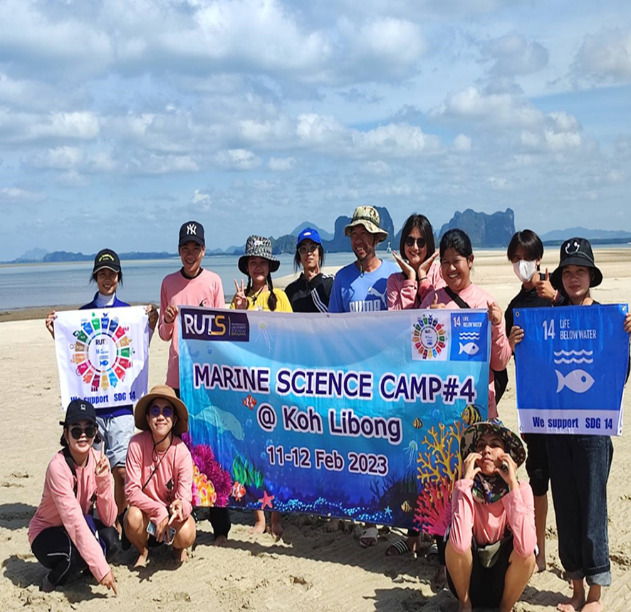
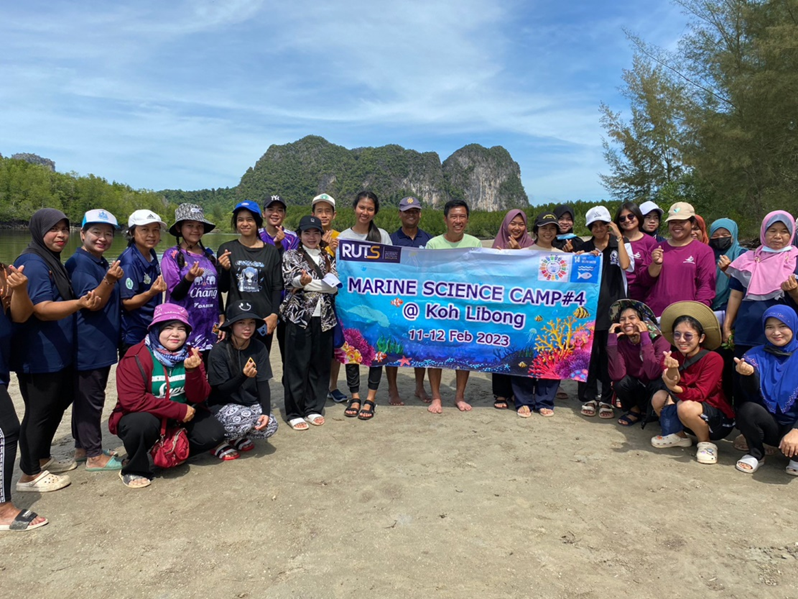
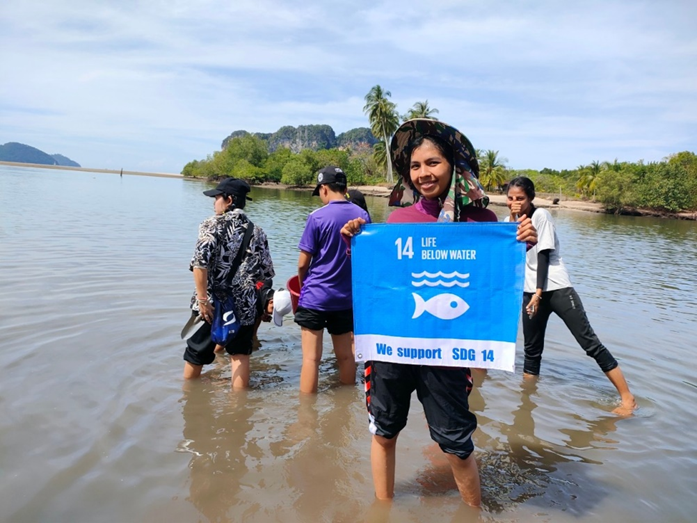
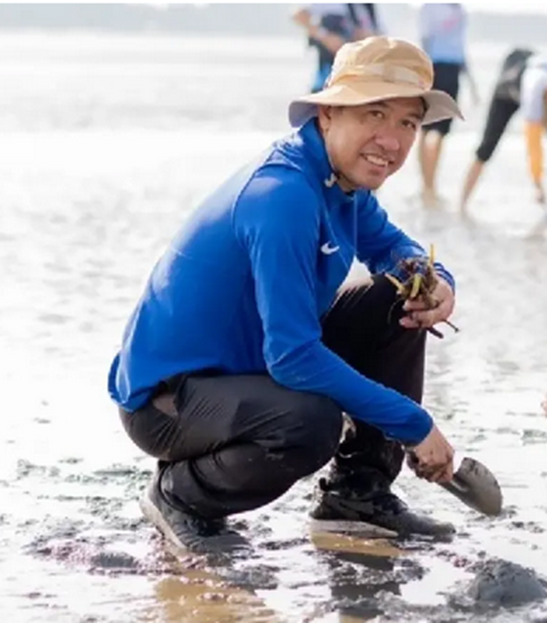
Related Links:
Secondly, Education for SDGs: specific courses on sustainability, RUTS has dedicated courses for Undergraduates degree that address sustainability and the SDGs. Particulary, Accounting Programme of Faculty of Business and Administration has integrated SDGs into Management Accounting course. This course focuses on the Sustainability Management Accounting including environment, society and economic and highlights some of the sustainable business practices that the business uses to produce great products in an environmentally friendly, socially responsible, and economically viable way. For example, on 9-12th October 2023, Assoc.Prof. Dr Zulnaidi Yaacob, Dean School of Distance Education, Universiti Sains Malaysia join as a Visiting Professor in Dr Lamun Kayurin’s Management Accounting class to exchange ideas and discussion sharing for sustainability management accounting.
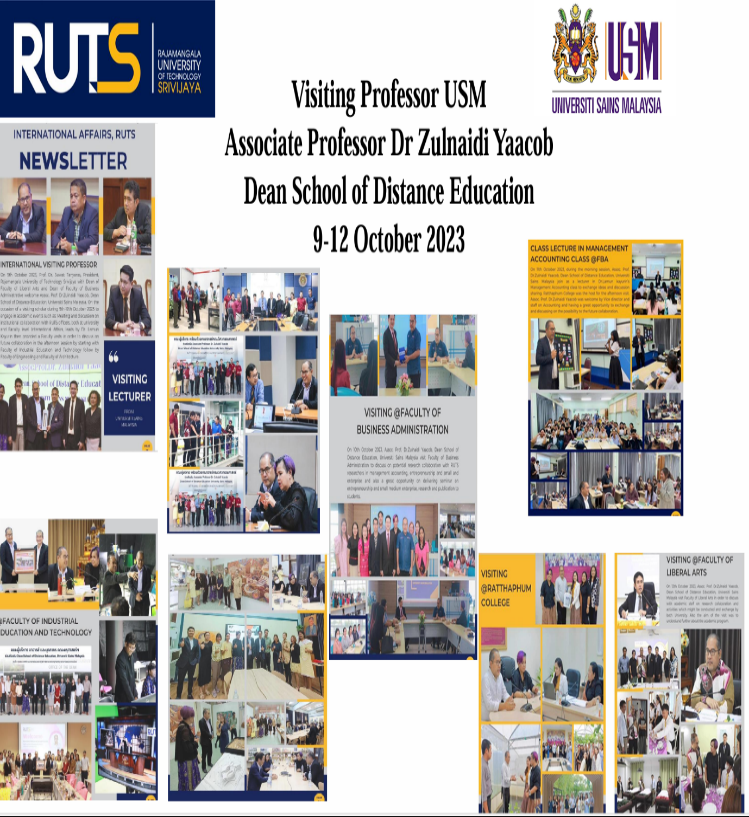
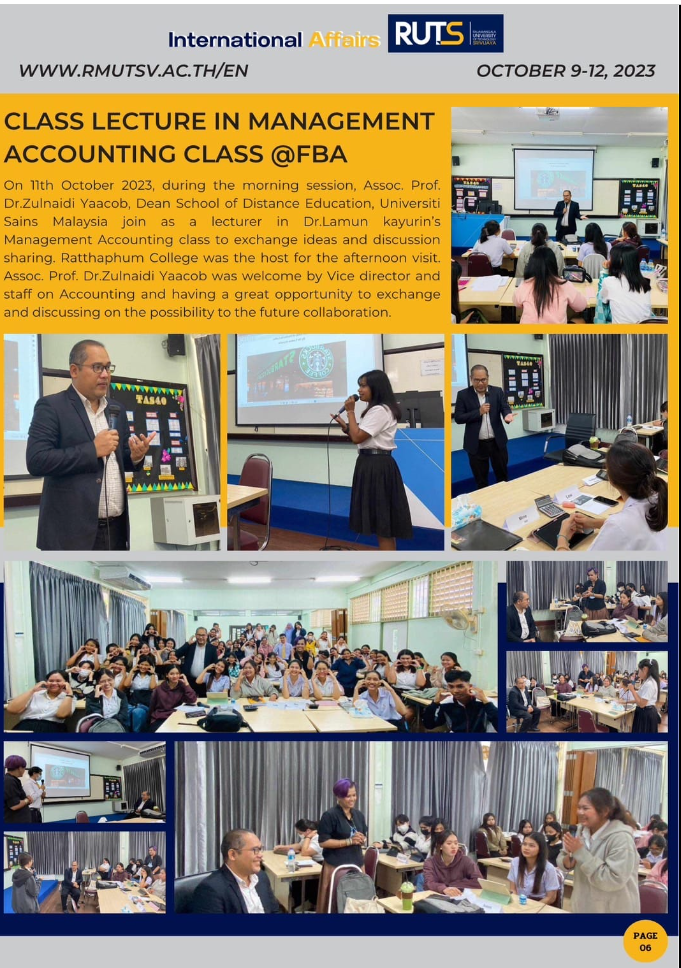
Link
Furthermore, RUTS collaborates with UiTM for International Accounting Camp 2023 for student mobility and lecturers in accounting on 6th -8th October 2023.This camp focuses on three activities including academic activities workshop on Sustainability Management Accounting and Finance, cultural performance and sport activities as well as visiting local community entrepreneurs to learn and share ideas on Sustainable business practices.
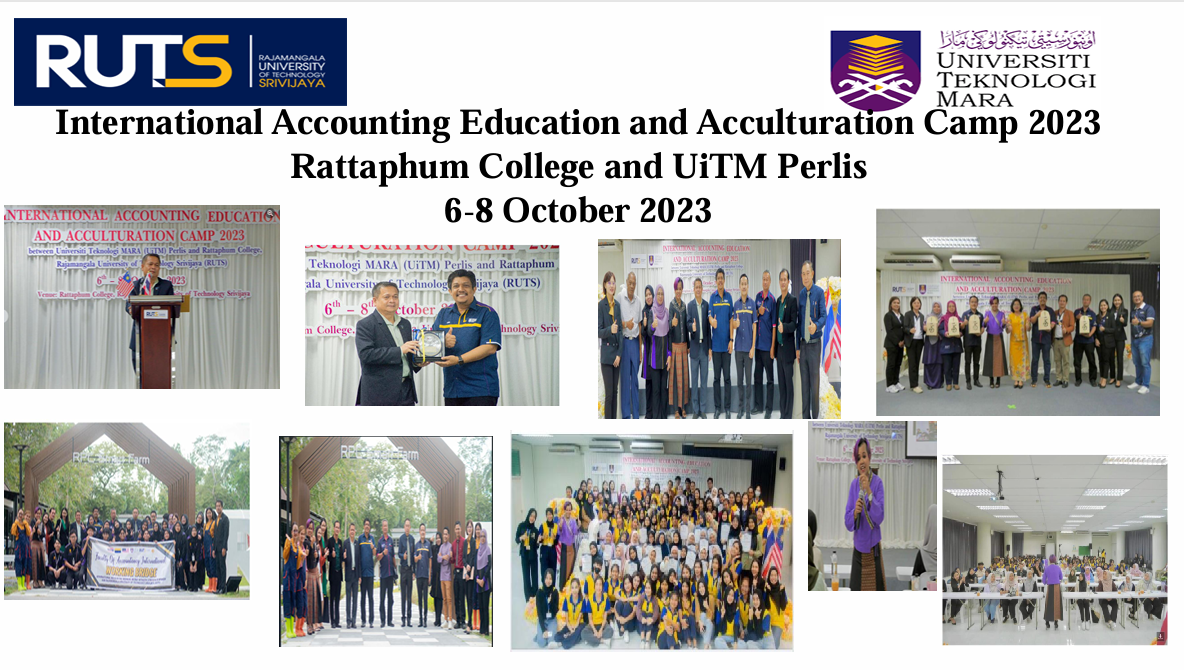
Link https://www.facebook.com/share/p/n4cCEPqmLcrku9xT/
Moreover, In Teaching and Learning initiatives, Rajamangala University of Technology Srivijaya (RUTS) emphasizes building essential knowledge, awareness, and skills for students to address climate change challenges and potential disasters. The university supports research projects that enhance disaster management capabilities, such as a collaborative project with the Hydro-Informatics Institute to develop a predictive model for water balance and salinity levels 3-7 days in advance. This allows students to apply classroom knowledge to solve real-world community problems effectively.
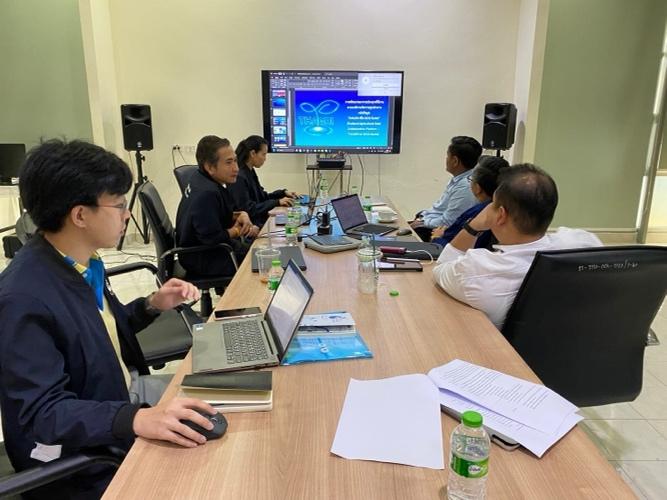
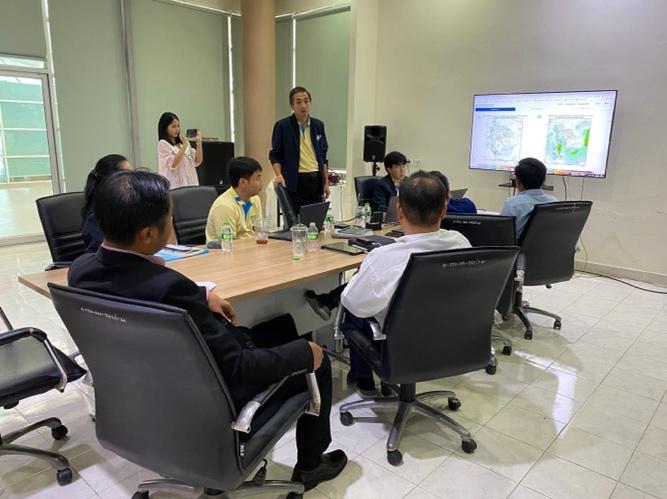
Finally, Education for SDGs in the wider community, RUTS has dedicated outreach educational activities for the wider community which include alumni, local residents, displaced people. For example, Asst.Prof. Sittisak Rochaya, an instructor in the Electrical Engineering Department, explained that students have integrated an automatic greenhouse control system using the Internet of Things (IoT) with solar energy. This innovation addresses issues related to hydroponic vegetable cultivation and fish farming, where the primary challenge is often the lack of time for care, as individuals typically manage other tasks simultaneously. Third-year Electrical Engineering student Mr. Yasintorn Saengla shared that he and his classmates collaborated to build this floating platform. They also developed automated systems for hydroponic cultivation and fish feeding to reduce the time required for maintenance. These systems include IoT-controlled solutions for nutrient solution management, water circulation, temperature control within the greenhouse, automated fish feeding, oxygenation in fish cages, and automatic solar power production. The project has demonstrated successful results, with hydroponic vegetables growing well and ready for harvest within just 25-30 days. Tomatoes grown hydroponically have also thrived, with the added benefit of no pest infestations. Moreover, using IoT-controlled solutions help save water usage by using sensors to monitor temperature and humidity for automated water.
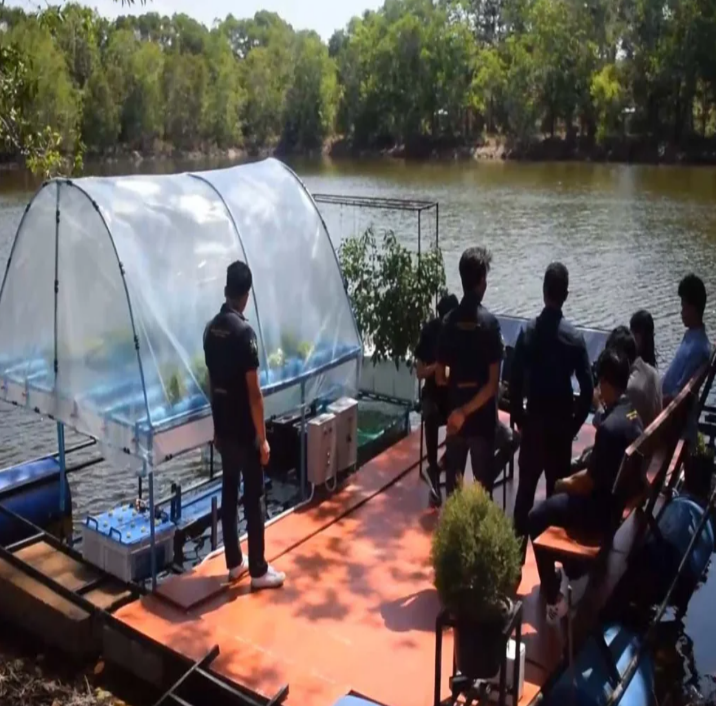
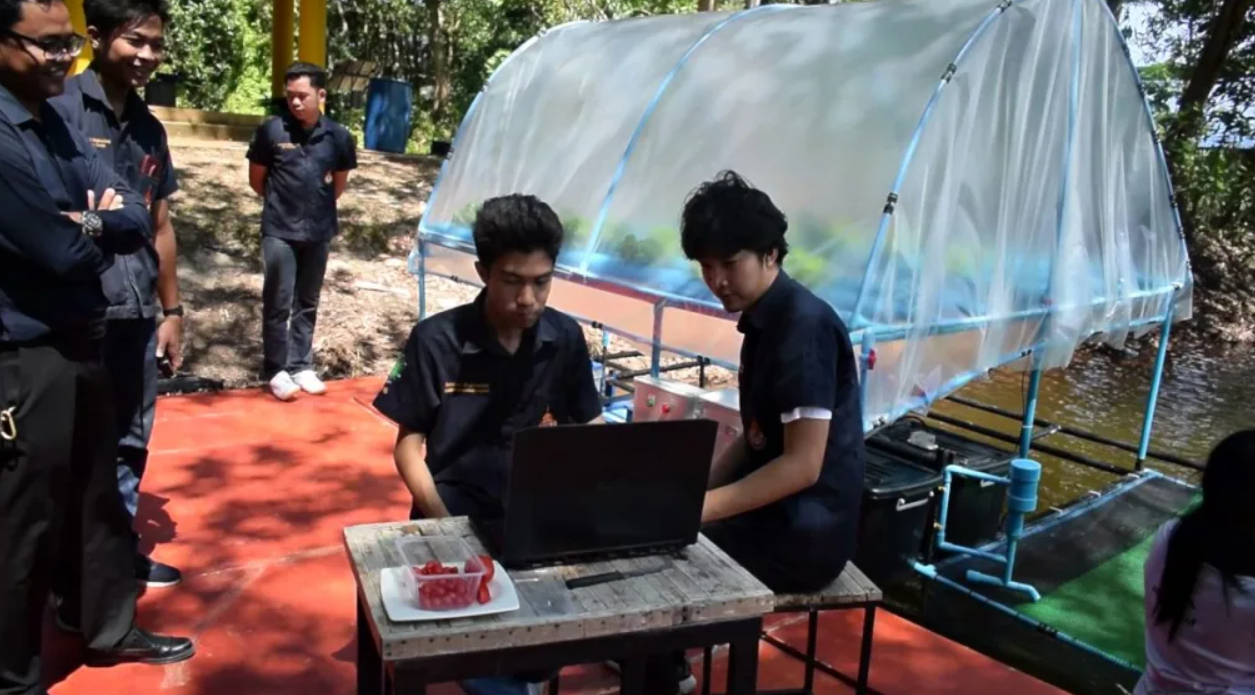
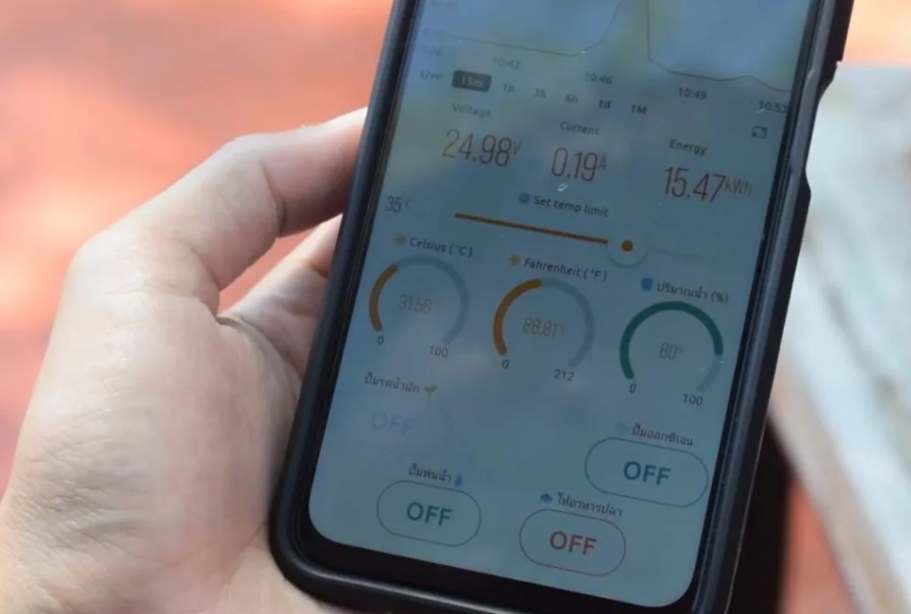
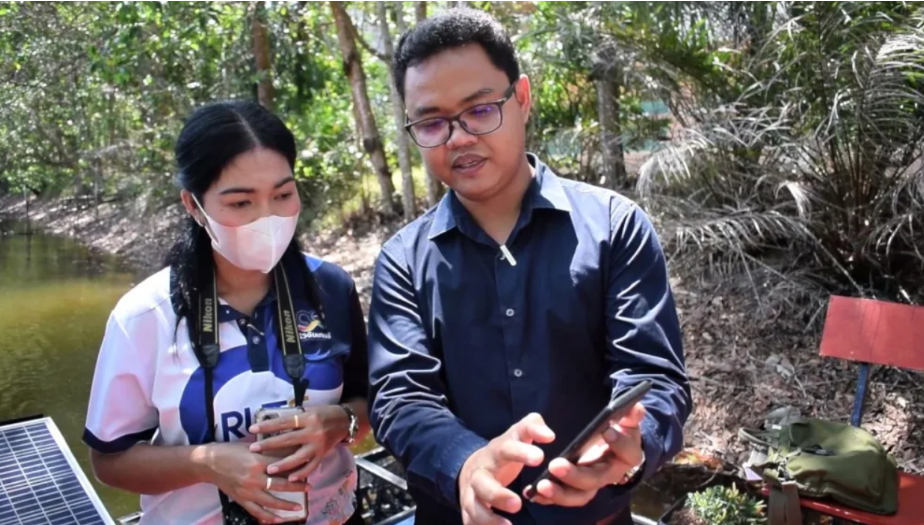

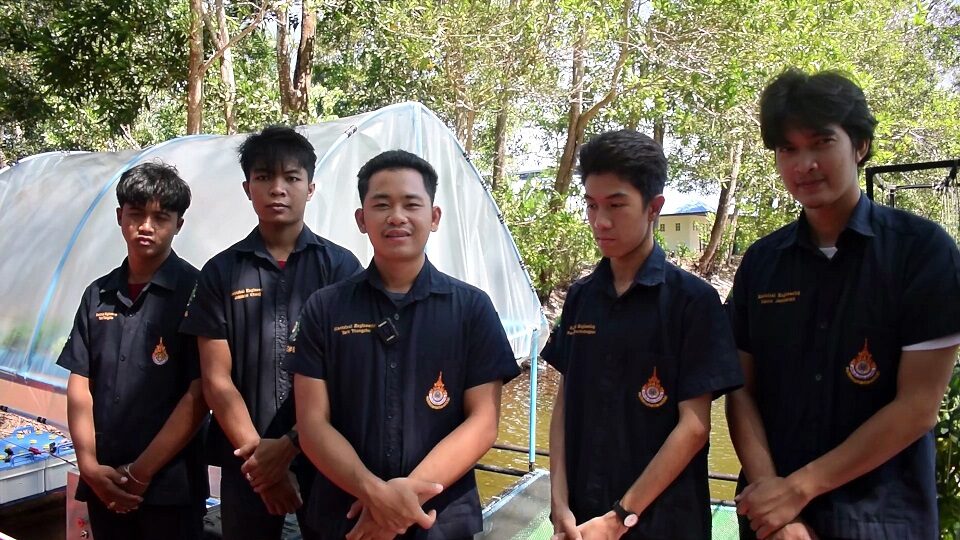
elated Links:
https://www.facebook.com/story.php/?story_fbid=901959967898254&id=100042527785967&_rdr
https://ch3plus.com/news/category/340052
https://www.technologychaoban.com/bullet-news-today/article_245093



